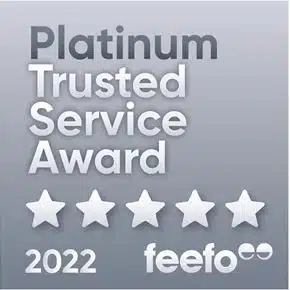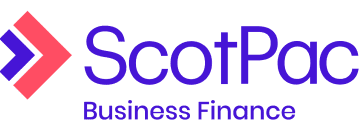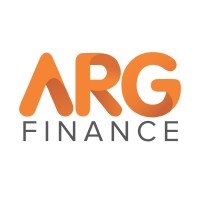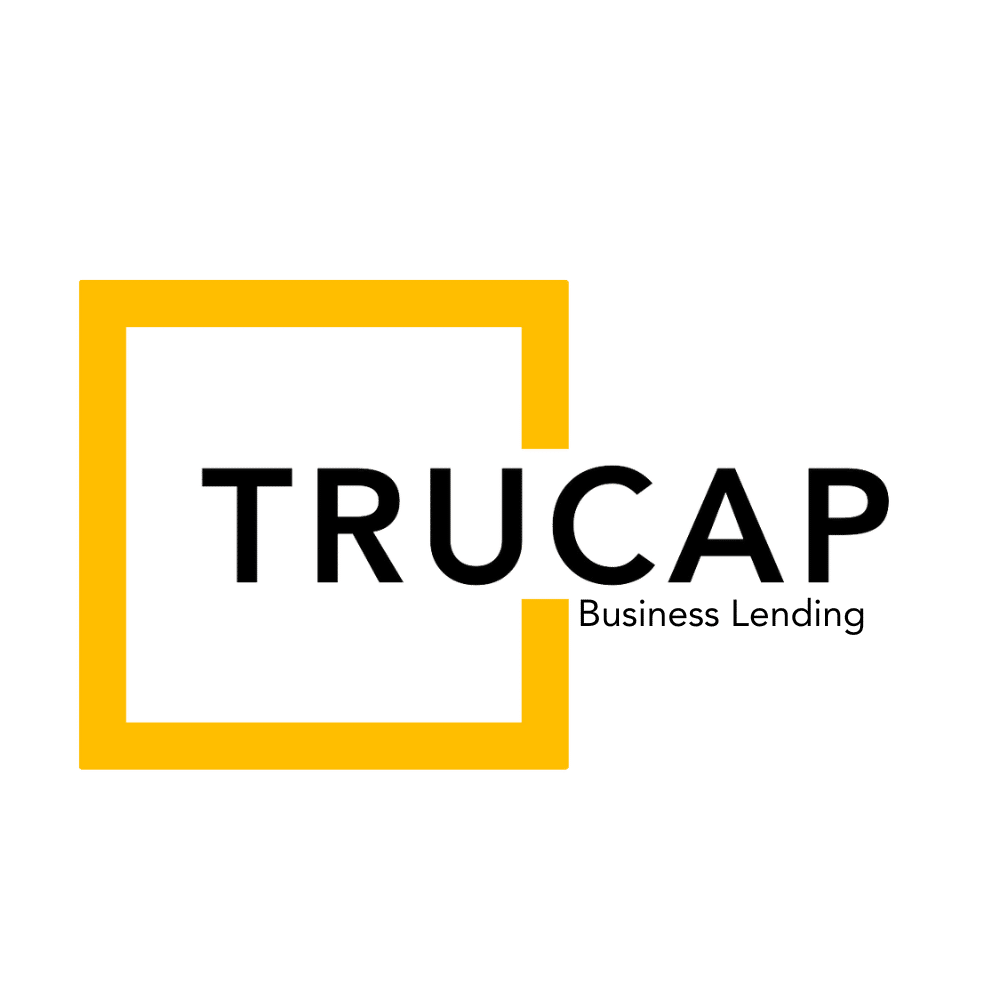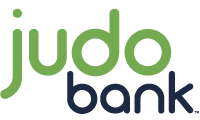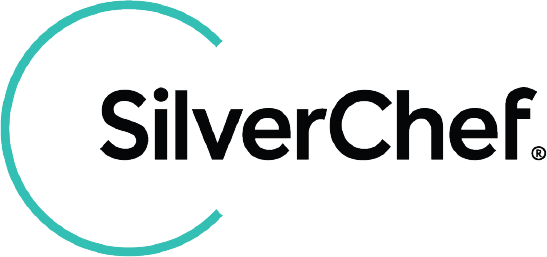Bad credit can happen. Although it isn’t super common in Australia, the rate of businesses sitting below a score of 670 was reported as being around 6% in 2024. 670 isn’t a bad score by any means, but it sits around the cutoff of where your score might start to impact credit applications. Fortunately, even if your business’ credit score is nowhere near that mark or if you’re a small startup business without much credit history to fall back on, there are still business finance options tailored to your needs.
How are bad credit business loans different to regular loans?
There are a few big differences between a loan for a business with bad credit and one with good credit, including:
- Higher interest rates and fees: because of the increased risk associated with bad credit, you’ll have to pay more to borrow. This is related to the increased risk tied to your business: if you’ve had issues keeping on top of payments in the past (or no repayment history), your lender won’t trust you as much as another business with a spotless record. To compensate for this risk, they’ll up your rates.
- Lower borrowing limits: you won’t be able to borrow as much as businesses with good credit. Offering up a valuable asset as security, such as your residential property, can help increase your capacity.
- Shorter loan terms: while some business loans allow you to repay your loan over ten to 30 years, you generally won’t be able to take more than three here at most. The longer you have your debt outstanding, the more time there is for things to potentially go pear-shaped, so lenders will want to minimise the risk involved by approving shorter-term business loans. Like with borrowing limits, opting for a secured loan could potentially help push out your loan term.
- Fewer options: banks and big non-bank lenders often won’t lend to businesses with bad credit. That means you’ll have to look for specialist non-bank lenders who are willing to offer credit to businesses in your situation. We’re partnered with a wide range of lenders, including those dealing with bad credit, so we’ll help connect you with a provider who can work with you.

Understanding your business loan’s security limits
"Many people focus on getting the lowest interest rate, but that's only half the story. A loan with fewer fees, flexible repayment options or no early exit penalties can often save you more in the long run. Don't just ask 'what's the rate?'; find out what the total cost of the car loan will be over its life."

How much can I borrow if my business has bad credit?
Although many lenders don’t enforce a borrowing cap for businesses with bad credit, you’ll likely only be able to access between $50,000 and $100,000 with an unsecured business loan. This is lower than the maximum of $300,000 to $500,000 available to businesses with good credit.
Many operate based on a ratio of loan amount to your business’ monthly income. For businesses with outstanding credit, you might be approved for a 1:1 unsecured loan to income ratio or even 2:1 in some cases. However, if your business has struggled with its credit, this might be closer to 0.5:1. This means, for instance, a business with bad credit turning over $35,000 per month might be able to borrow between $17,500 and $35,000.
There are several factors that can impact your borrowing power, including:
- Whether the loan is secured or unsecured: adding a high-value asset as collateral for your loan can significantly increase your business’ borrowing power. According to the RBA, just under half of all business credit was secured by residential property as of October 2025.
- The value of your collateral (if secured): your collateral will need to be valuable enough to cover your loan amount. For instance, a $15,000 car won’t be suitable for a $30,000 loan.
- Your business’ size and turnover: naturally, larger businesses with higher turnover are more likely to have more money available to cover higher repayments, increasing the amount you can afford.
- Your business’ assets and liabilities: it isn’t just about collateral, as lenders consider the assets on your business’ books, as well as other outstanding debts, when calculating your borrowing power.
- The nature of your business’ bad credit: not all bad credit is made equal. For instance, a business with minor non-financial defaults from a few years back will be better off than one with several recent financial defaults.
What interest rates can I get on a bad credit business loan?
As mentioned, rates tend to be much higher for bad credit business finance than loans for businesses with good credit. Across the 2024-25 financial year, Savvy helped get bad credit business loans approved with rates as low as 10.15% p.a. and as high as over 25.00% p.a. Many of the same factors that apply to your borrowing power are in effect when determining how much your interest rate is, with rates being tailored to your business and its situation.
Business loan cost example: Finding the right rate
Even small differences in interest rates can have a major impact on the total cost of the loan. You can see in the table below how different rates impact loans of varying sizes:
| Loan amount | 15.00% p.a. | 17.00% p.a. | 19.00% p.a. |
|---|---|---|---|
| $25,000 | $1,994 | $2,267 | $2,542 |
| $50,000 | $3,988 | $4,534 | $5,083 |
| $75,000 | $5,982 | $6,800 | $7,624 |
| Total interest costs based on a one-year loan term with fortnightly repayments. Calculations are for illustrative purposes only and don’t necessarily reflect the interest rate or loan deal you’ll receive. | |||
Business loan cost example: Choosing the best loan term
You might not realise it, but another important factor is the length of your loan term. The longer your term, the more interest you’ll pay overall, as you can see in the table below:
| Loan amount | Loan term | Interest rate | Fortnightly repayments | Total cost |
|---|---|---|---|---|
| $30,000 | Six months | 15.00% p.a. | $2,402 | $1,222 |
| $30,000 | One year | 15.00% p.a. | $1,246 | $2,385 |
| $30,000 | Two years | 15.00% p.a. | $670 | $4,794 |
| Total interest costs based on a one-year loan term with fortnightly repayments. Calculations are for illustrative purposes only and don’t necessarily reflect the interest rate or loan deal you’ll receive. | ||||
Business loan calculator
Crunch the numbers to see what your repayments could look like
Your estimated repayments
$98.62
| Total interest paid: | Total amount to pay: |
| $1233.43 | $5,143.99 |
How to maximise your business loan approval chances with bad credit
-
Take steps to improve your business’ credit score
Doing things like paying off unpaid defaults, continuing to pay other debts and bills on time and lowering unnecessary credit limits can all help improve your credit score in the leadup to your application.
-
Clear as many existing debts as you can
Lenders will look at your business’ debt-to-income (DTI) ratio when assessing your application. If you have other loans that you can pay out before applying, this could help your approval chances considerably.
-
Apply within your business’ means
There’s little point in applying for more than what your business can realistically afford. If you’re a small business with bad credit that turns over $25,000 per month, a $50,000 loan isn’t going to cut it.
-
Offer loan security where possible
Although not everyone will be in a position to do so, opting for a residentially secured loan could boost your business loan approval chances if you have bad credit. It gives lenders a safety net that improves your profile.
Why apply for a business loan with Savvy?
Expert brokers
You can speak with one of our specialist commercial brokers who can walk you through a range of loans to best suit your company's needs.
Over 40 lending partners
You can compare business loan offers, through a range of trusted lenders, maximising your chances of a great rate.
Fast online process
You can fill out our simple online form to generate a free business finance quote within minutes. You can also come back to it at any time.

The importance of a strong repayment history
"If your bad credit business finance application is 50/50 to be approved, having a spotless record could be the thing that gets you over the line. Lenders love to see businesses that have been able to stay on top of past loan debts and repay them all on time and in full."

Applying for a bad credit business loan with Savvy
-
Submit your application online
Fill out our easy online application form, telling us about your business, its finances and credit.
-
Send through your documents
We’ll need documents to verify parts of your application, such as your identity and your business’ financials.
-
Speak to your broker about your options
Once we have this info, your broker will give you a call to have a chat about what we can do for you.
-
Have your application prepared
From there, your broker will prepare your application and send it to your lender on your behalf.
-
Get approved and receive your funds
Once you’re approved, you can have your loan settled and receive your funds as soon as within one business day (or the same day in some cases).
- Is your credit score impacting your business finances? - Inside Small Business
- Small Business Economic and Financial Conditions - Reserve Bank of Australia




